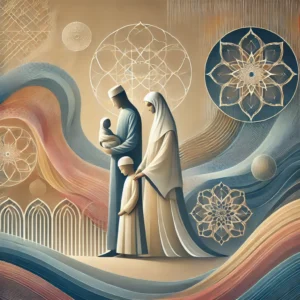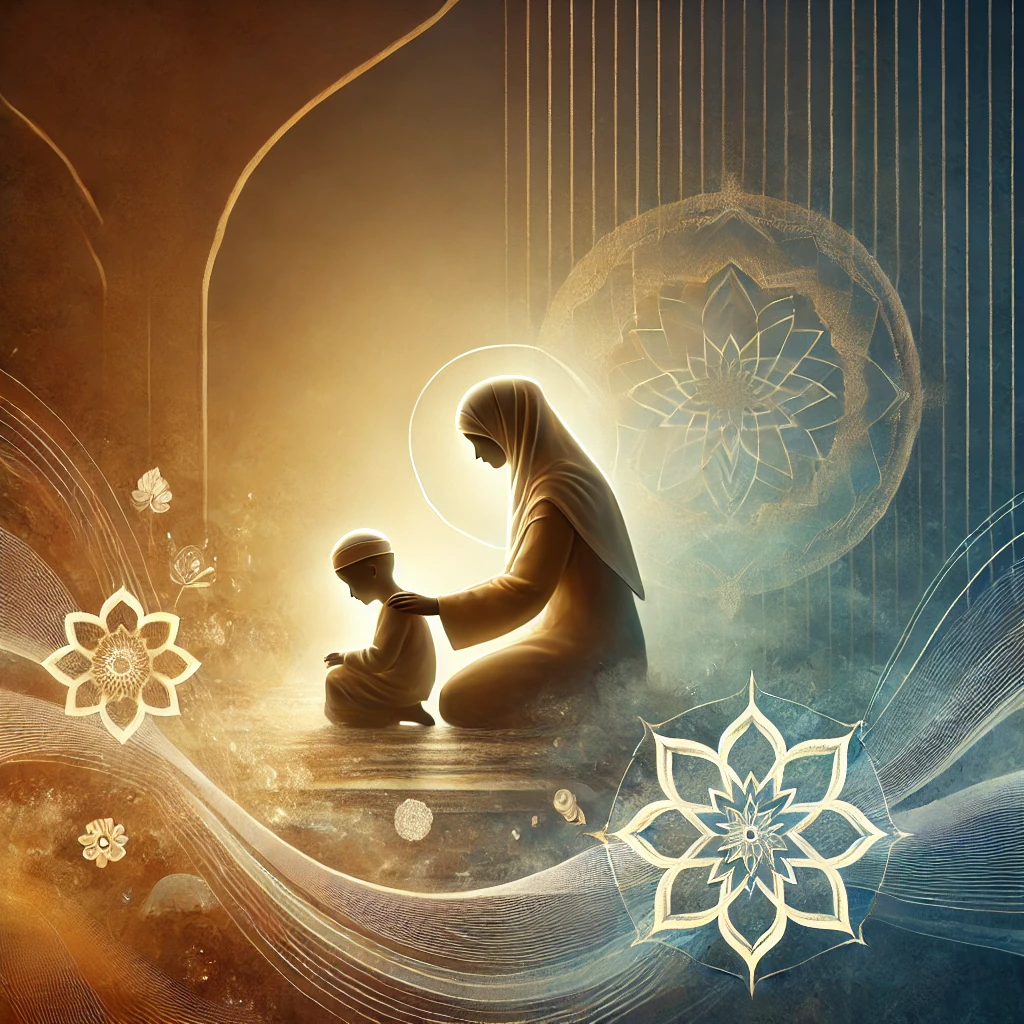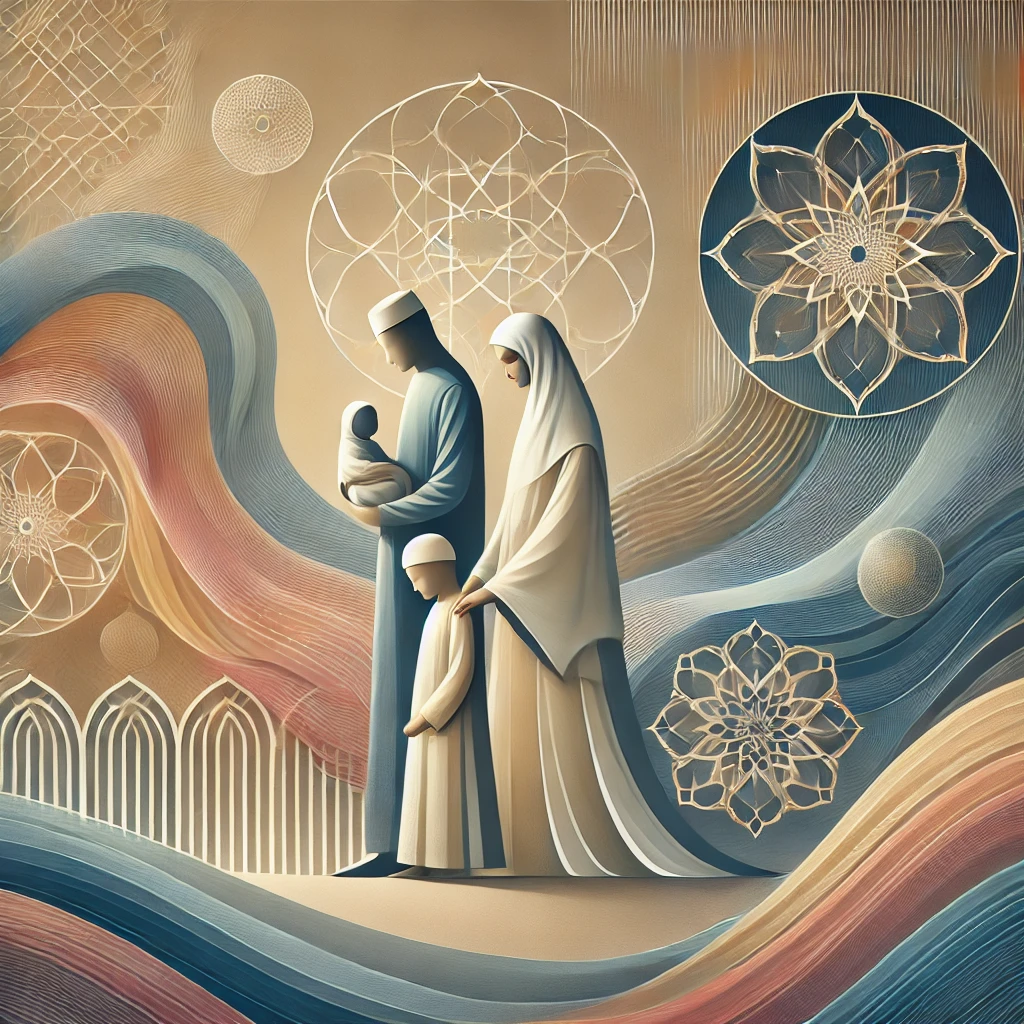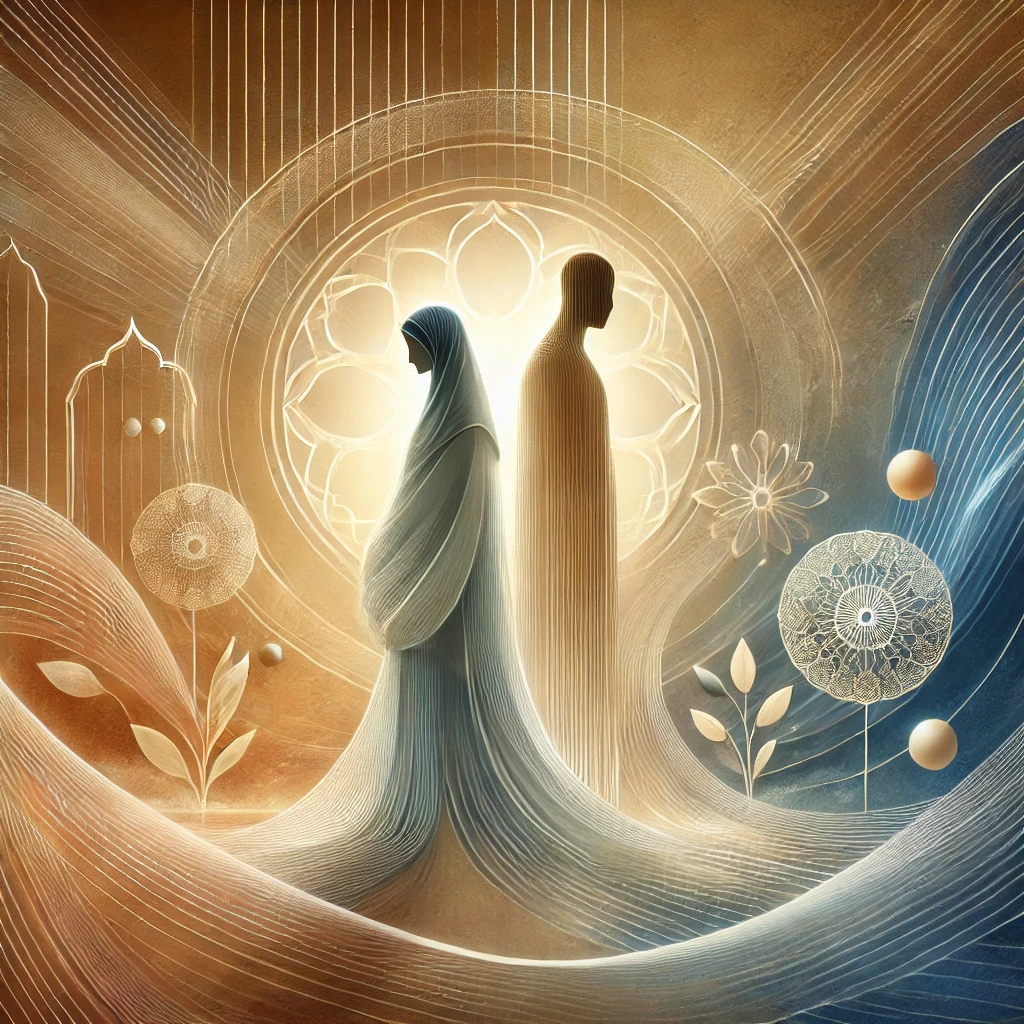Islam places great emphasis on the family unit, recognizing it as the foundation of a healthy and harmonious society. Women, in particular, play a crucial role in nurturing and sustaining the family, as they are seen as the heart of the household. The teachings of Islam highlight the importance of women in their roles as mothers, wives, and contributors to the moral and spiritual well-being of the family.
The Quran recognizes the high status of women, especially in their role as mothers. In Surah Luqman, Allah advises: “And We have enjoined upon man [care] for his parents. His mother carried him, [increasing her] in weakness upon weakness, and his weaning is in two years. Be grateful to Me and to your parents; to Me is the [final] destination.” (Surah Luqman, 31:14). This verse emphasizes the immense sacrifices that mothers make for their children, and Islam calls on believers to honor and respect their mothers. The Prophet Muhammad (PBUH) further reinforced this idea when he famously said: “Paradise lies under the feet of mothers.” This Hadith highlights the honor and dignity that Islam accords to women, particularly in their role as caregivers and nurturers of future generations.
In addition to their role as mothers, women are also recognized for their vital role as wives and partners in marriage. Islam teaches that marriage is a partnership based on mutual love, respect, and support. In Surah Ar-Rum, the Quran says: “And among His signs is that He created for you from yourselves mates that you may find tranquility in them; and He placed between you affection and mercy.” (Surah Ar-Rum, 30:21). This verse highlights the emotional and spiritual connection between husband and wife, emphasizing that marriage is a source of peace and comfort for both partners.
Islam encourages husbands and wives to treat one another with kindness and compassion. The Prophet Muhammad (PBUH) said: “The best of you are those who are best to their wives.” This Hadith reminds men that a significant part of their character and righteousness is reflected in how they treat their wives. Women, as equal partners in marriage, deserve respect, kindness, and love, and their contributions to the family should always be acknowledged and appreciated.
Beyond their roles as mothers and wives, women in Islam are encouraged to contribute to the spiritual and moral development of the family. They are responsible for imparting religious knowledge, values, and ethics to their children, ensuring that future generations are raised with a strong sense of faith and morality. In this way, women serve as the backbone of the family’s spiritual growth, playing a critical role in shaping the character of their children and the overall well-being of the household.
It is also important to note that Islam gives women the right to education and personal development. The Prophet Muhammad (PBUH) said: “Seeking knowledge is obligatory upon every Muslim.” This Hadith applies to both men and women, emphasizing that women have the right to pursue knowledge and contribute to society beyond their roles within the family. Educated women are better equipped to raise educated and morally upright children, contributing to the betterment of the family and society as a whole.
In conclusion, Islam places a high value on women and their roles within the family. As mothers, wives, and educators, women are essential to the moral, emotional, and spiritual foundation of the family. Islam honors women for their sacrifices, contributions, and the nurturing roles they play, recognizing that the strength and harmony of the family unit depend on the respect and dignity accorded to women. Through their vital roles, women in Islam are central to building strong families and, by extension, strong communities.










